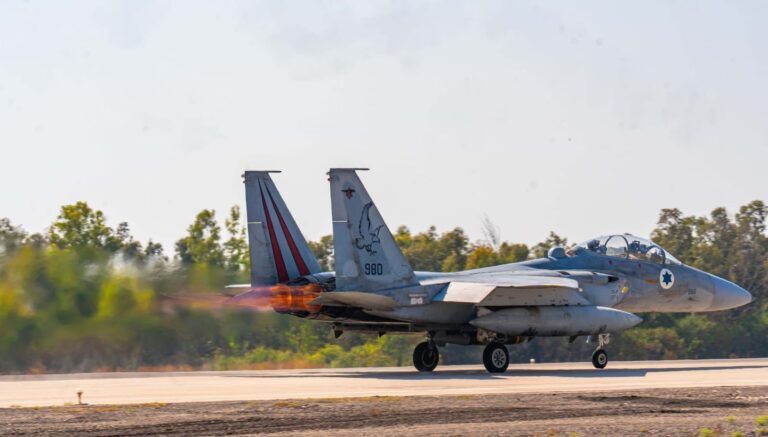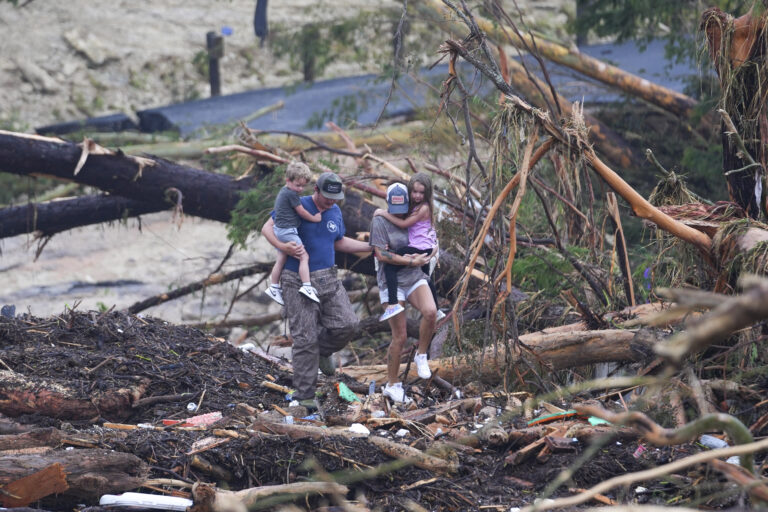 The officials declined to describe the unusual contact between the two governments, and whether there had been an Iranian reply. Senior Obama administration officials have said publicly that Iran would cross a “red line” if it made good on recent threats to close the strait, a strategically crucial waterway connecting the Persian Gulf to the Gulf of Oman, where 16 million barrels of oil — about a fifth of the world’s daily oil trade — flow through every day.
The officials declined to describe the unusual contact between the two governments, and whether there had been an Iranian reply. Senior Obama administration officials have said publicly that Iran would cross a “red line” if it made good on recent threats to close the strait, a strategically crucial waterway connecting the Persian Gulf to the Gulf of Oman, where 16 million barrels of oil — about a fifth of the world’s daily oil trade — flow through every day.
Gen. Martin E. Dempsey, the chairman of the Joint Chiefs of Staff, said this past weekend that the United States would “take action and reopen the strait,” which could be accomplished only by military means, including minesweepers, warship escorts and potentially airstrikes. Defense Secretary Leon E. Panetta told troops in Texas on Thursday that the United States would not tolerate Iran’s closing of the strait.
The secret communications channel was chosen to underscore privately to Iran the depth of American concern about rising tensions over the strait, where American naval officials say their biggest fear is that an overzealous Revolutionary Guards naval captain could do something provocative on his own, setting off a larger crisis.
“If you ask me what keeps me awake at night, it’s the Strait of Hormuz and the business going on in the Arabian Gulf,” Adm. Jonathan W. Greenert, the chief of naval operations, said in Washington this week.
Administration officials and Iran analysts said they continued to believe that Iran’s threats to close the strait, coming amid deep frictions over Iran’s nuclear program and possible sanctions, were bluster and an attempt to drive up the price of oil. Blocking the route for the vast majority of Iran’s petroleum exports — and for its food and consumer imports — would amount to economic suicide.
“They would basically be taking a vow of poverty with themselves,” said Dennis B. Ross, who until last month was one of President Obama’s most influential advisers on Iran. “I don’t think they’re in such a mood of self sacrifice.”
But Pentagon officials, who plan for every contingency, said that, however unlikely, Iran does have the military capability to close the strait. Although Iran’s naval forces are hardly a match for those of the United States, for two decades Iran has been investing in the weaponry of “asymmetric warfare” — mines, fleets of heavily armed speed boats and antiship cruise missiles hidden along Iran’s 1,000 miles of Persian Gulf coastline — which have become a threat to the world’s most powerful navy.
“The simple answer is yes, they can block it,” General Dempsey said on CBS on Sunday.
Estimates by naval analysts of how long it could take for American forces to reopen the strait range from a day to several months, but the consensus is that while Iran’s naval forces could inflict damage, they would ultimately be destroyed.
“Their surface fleet would be at the bottom of the ocean, but they could score a lucky hit,” said Michael Connell, the director of the Iranian studies program at the Center for Naval Analysis, a research organization for the Navy and Marine Corps. “An antiship cruise missile could disable a carrier.”











One Response
Did they ask nicely, like with the drone?
How come Obama gets a free pass on all his blunders like his promise to have dialogue with Iran?